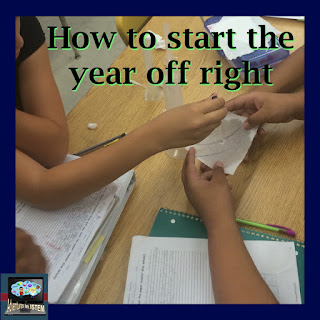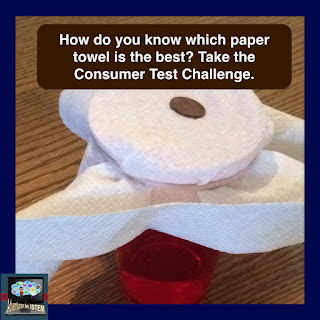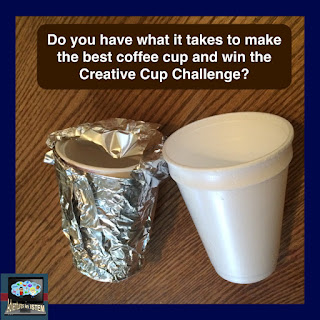Its back to school time. New classes, new students, a fresh start to things. Imagine you are one of your students. You are going through your first day back getting to know your teachers names, listening to their class rules, procedures, what you are going to learn that year, how they grade, and so on and so on. By the time your last day of class comes, your bored and can’t imagine sitting through what feels like another lecture. You enter your last class, science, and right away you know that something is different. What are those items doing on the table over there? Why are there all these instruments and tools? What’s on the teachers desk? By the time you leave your last class you are excited. You know that it is going to be a great year and you can’t wait until science class tomorrow to find out what will happen next. What is it about that class that was different than the rest of the classes? In one word, Inquiry.
By the time students are in secondary school they are familiar with the basic rules and procedures of school so I save that for later. Instead, I want them to get excited about school and science right away and set the tone of my class by doing an inquiry investigation.
My first day of school:
When the students enter my class I stay at the door, shake their hand, say welcome and my name, and then ask for their name. I do this every day and the students get so used to it that when I’m gone they let me know how much they missed the handshake.
I then do a quick 2-3 minute introduction about me and move right into the inquiry investigation. I have different investigations depending on the level of my students.
Basic Inquiry Investigation-
For my regular Core science classes I do a Consumer Task Force challenge, aka paper towel testing. All I provide is the paper towels and then many different testing materials like graduated cylinders, cups, rubber bands, pennies, eye droppers, scissors, and rulers. The students have to decide, either as a class or a group, how they will test the paper towels, and what criterion’s they are looking for that determines a great paper towel. My job is to offer support and materials. I ask a lot of questions during the investigation about why and how. If I see groups struggling I don’t step in, they need to learn how to problem solve through a struggle. Instead I allow them to go out, like scientists would, and find out what other groups are doing to get ideas from them. If I see a group having many different variables I might ask them how would they know if it was one variable affecting the outcome and not the other to get them thinking about changing one variable only. Its a great way to remind them about the scientific method without listing the steps.
Advanced Inquiry Investigation-
For my Pre-AP students I try and challenge them a little more. They have to compete in the Creative Cup Competition and there is only one winner. In this challenge the groups have to create the best cup and beat last years winner, a regular styrofoam cup. Again I provide a lot of materials like aluminum foil, paper cups, left over fabric, sponges left over from other projects, and I allow them to bring in their own materials. The class and groups have to determine what it is they will be testing and looking for to determine the winner and to determine if their cup is better than last years. Its great to watch how creative the students can be: putting cups inside of cups, creating their own lids, making handles on their cups, and many more unique ideas.
Both of these investigations take two days so they have a chance to think about what they are going to do and sleep on it. The testing and analyzing happens on the second day. While they are doing the activity we talk about group collaboration do’s and don’ts, about procedures for getting materials and returning materials, signals for getting the classes attention and expectations of the class. Its a learn as you go approach instead of getting all the information and being expected to remember it all. It makes the first two days really enjoyable and I find out right away the type of students I have, who the leaders are, who the critical thinkers are, who the quiet ones are, and so on. You can do any lab as an inquiry investigation on the first day of school but if you want the ones I did you can find them in my store.
If you have a fun activity you do on the first few days of school I would love to hear about it. Please share what you do in the comments.


